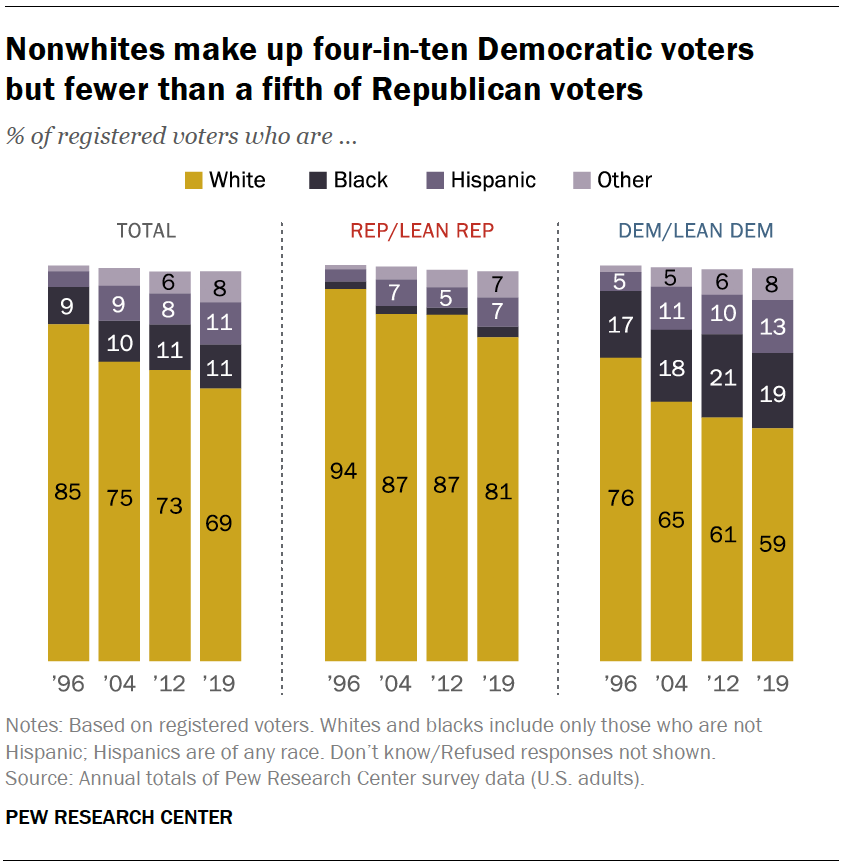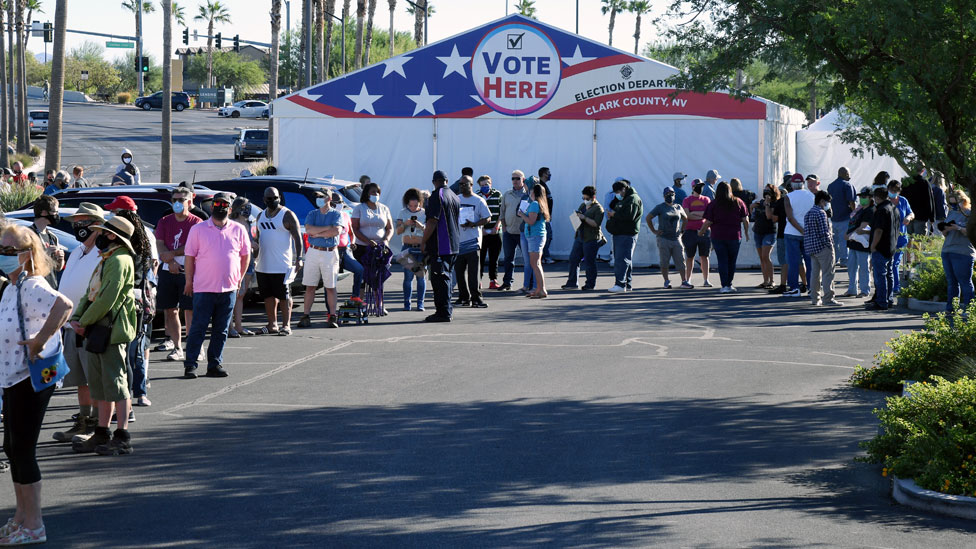By Salome Dermati,
For many millennials like myself, it is somewhat disheartening to accept that the face of the Democratic Party in 2020 is Joe Biden; not someone who looks and talks like Alexandria Ocasio-Cortez (AOC), Pete Buttigieg, Beto O’Rourke, or Kamala Harris, but a seasoned politician and an old, white, cisgender man. Earlier this year, it was decided that Biden would be the leader of the democratic ticket for the presidential election. Many maintain that desperate times call for desperate measures, and are thus willing to advocate for Biden. But will this mentality last until after Election Day and his probable win? Is he the future of the Democrats too?
We know who Joe Biden is, although this may be a disadvantage. He was a U.S. Senator from Delaware for four decades (1973-2009), and more famously the 47th Vice President (2009–2017) in the administration of Barack Obama, the first African-American President. This experience rendered him a household name that is widely accompanied by positive connotations.
We also remember the two other times he formally ran for President, the first one in 1988 and later in 2008. Even back then, his agenda and priorities were not clearly stated. Comparatively, that could be said for today as well, striking also, a strong resemblance with Hilary Clinton’s campaign in 2016; could the argument of “just because” be used for his third (and lucky?) try?
Even more so, Biden emotes no passion, no vision. He has neither started a revolution, like Bernie Sanders had promised, nor is committed to any radical policies. He has been hailed as a moderate and a pragmatist; someone who knows how the system works and can secure consensus. However, he does not get voters excited and engaged. More worryingly, he has been presented as merely uninspiring and unoriginal.
These characteristics could be attributed to his age, that being 77 years old. If elected, he would be the oldest President at his inauguration, followed by the incumbent Donald J. Trump who was 70 in January of 2017. Interestingly, John F. Kennedy remains the youngest president at 43 years old. Nevertheless, the median age upon accession to the presidency is 55 years, which is significantly lower than Biden’s case.
Perhaps this critique is all too harsh and unfair. Some analysts suggest that, because he is not progressive or extreme in his views, he is exactly what is needed after four years of division, anger, and polarization, in order to ultimately “restore the heart of America”. Hopefully he can stabilise the heated political and social climate, or even make politics “boring” again. On a personal note, Biden is far more humane, empathetic, and calm than Trump and other senior political figures in the country. I trust that with Trump out of the picture, both sides of the aisle will eventually be reconnected and reconciled, and that the legacy of the sitting President will be erased.
The following question naturally arises as a result; what will happen if he wins? Biden has made key promises on progressive issues, especially on healthcare, the environment, racial inequalities and the wealth gap, but mostly because they have become popular due to the pandemic. Besides, whatever the plans and actual policies are, it is realistic to expect that he will face softer scrutiny, primarily by Democrats, just because he is not Trump. What is more, it is highly unlikely that he will run for re-election in 2024, once again owing to his age.
The latest national polls give the lead to Biden, including some with a two-margin distance. This advantage is more stable than Clinton’s four years ago, but more importantly, he is ahead in most purple or battleground states, for instance in Michigan by 7,4%, Arizona by 3,7%, and North Carolina by 2,7%. On the other hand, Ohio and Iowa are trending in favour of the incumbent. Florida could go either way and will be decisive for the final outcome because it accounts for 29 electoral votes, the third highest number after California (55), Texas (38), and New York (29).
More than 60 million people have voted already, either by mail or in person in designated locations. A smaller than usual percentage of the electorate has remained undecided, and it is indicated that Trump’s hospitalization did not have any substantial consequences on people’s perceptions. The priorities for most are related to the pandemic response and far less to social and progressive causes, race, the economy or foreign relations.
The 2020 presidential election is, for better or for worse, evidently vastly different from the previous ones. So many principles and issues are at stake that people simply cannot afford to sit at home and abstain. Democrats, like the rest of the population, are encouraged to support the Biden-Harris ticket and turn a new page in U.S. politics.
However, with representation and diversity at the heart of almost any debate and subject, people are expecting to see relevant changes in politics, similarly to the music and film industries. In fact, more than 500 LGBTQI+ candidates are running for various positions all over the country, at the same time as two white men in their 70s compete for the White House. Nonetheless, the prospect of having the first female African-American and Asian-American Vice President is worthy of celebration, as well as anticipation for 2024.
References
- Encyclopaedia Britannica, United States Electoral College Votes by State, Available here.
- The Guardian, Nearly 60 million Americans cast early vote as record-shattering turnout expected.Available here.
- The Guardian, US election polls tracker: who is leading in the swing states, Trump or Biden?Available here.
- NBC, Over 500 LGBTQ candidates to appear on November ballots, shattering records, Available here.
- POTUS, Age at Inauguration. Available here.






